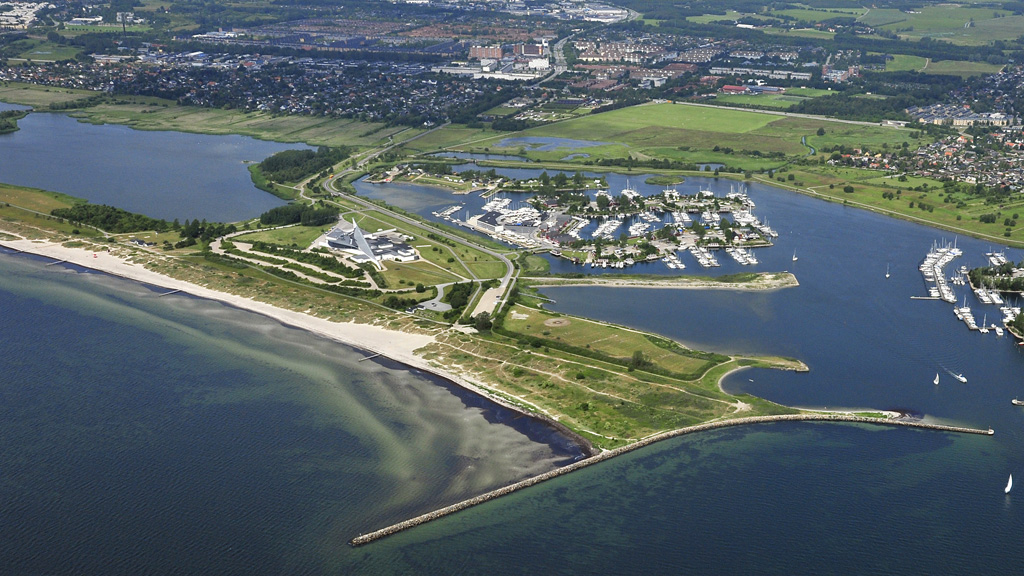Galaxy Quest sure had it right.
My 3x great-grandmother, Mathilda Rau, was your standard brick wall. She did in 1880 at the age of 35 from bilious fever. Her parents' names are not on her death certificate. She was an immigrant - I have her on a passenger list manifest from 1871 that lists her place of origin as Wurttemburg, nothing more specific. She was pretty much a blank slate - a name and a couple of dates. That's all I knew. My only shot at getting past this brick wall, to putting her in a place, and placing her in a family, was to find her marriage record. She was unmarried when she came to New York, listed right next to Friedrich Stutzmann, the man who would become her husband, so I was pretty sure they were married in New York, but no matter what search I did - first names only, last names only, first initials, boolean, soundex, birth dates, no birth dates - I always turned up empty handed. They were nowhere to be found.
I research my family tree in cycles. I'll do one branch till I've exhausted all my information and evidence, then move on to the next. If new info and records become available for a certain person or line, I'll head that way, or I'll revisit a line I haven't done in awhile in the hopes that new information will have become available. You never know. Just because there was nothing when you started doesn't mean new records, or new people researching their own trees, haven't popped up...ALWAYS go back again. Always. And so that's what I did with Mathilda. I had recently broken through a brick wall on another German line of mine, one I thought was destined to remain a dead end, and so I decided to give Mathilda another go. And this time it worked.
I found Friedrich and Mathilda indexed in the New York marriage records as Frederick Stulzmann and Mathilda Prau. Prau was never going to come up in a boolean or soundex search! I received the marriage certificate from the New York City Municipal Archives just before Christmas...Best. Christmas. Present. EVER. Suddenly, I had the name of Mathilda's hometown, Obergriesheim in Wurttemburg, and the names of her parents, Joseph Michael Rau and Walpurga Hartman (isn't her mom's name just the most German name??) and I also had her signature! I love signatures...they really humanize the names in our trees. Unfortunately, the area in Germany where she comes from has no records online; so I'm going to have to wait, or do some real world research, see if I can find some microfilms, visit some libraries. For now, this family remains a brick wall...but a brick wall with possibility. I know what church books to look for, what municipality to check civil records...Mathilda is no longer alone (I know she was married with children, but my great-great grandfather was only 5 when she died and her husband went on to remarry two more times, so she always felt very alone and left behind to me...) But she now has parents. She has a town in which she grew up. She has two younger sisters that she played with as a child and bossed around as they got older.
For now, I move on to the next line on my tree. But I can't wait to come back to Mathilda.
Websites I used for this research:
Ancestry
Family Search
Italian Genealogy Group: www.italiangen.org
NYC Municipal Archives: http://www1.nyc.gov/site/records/historical-records/vital-records.page




